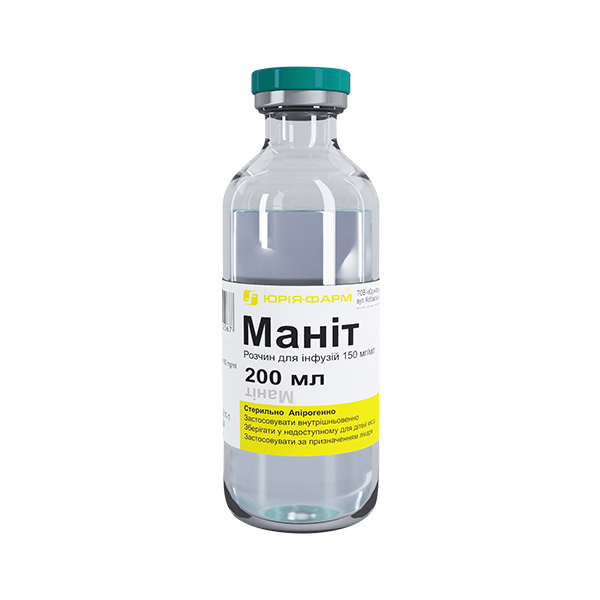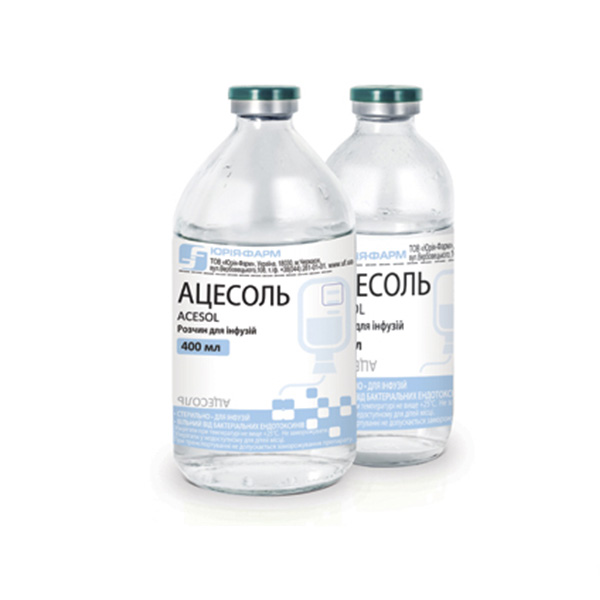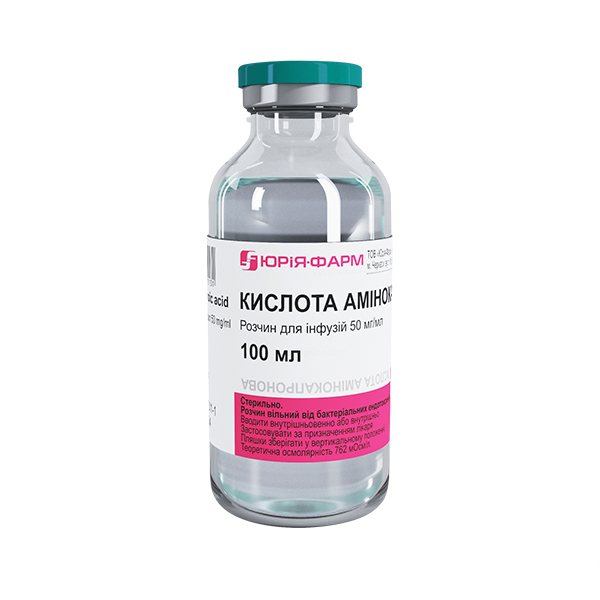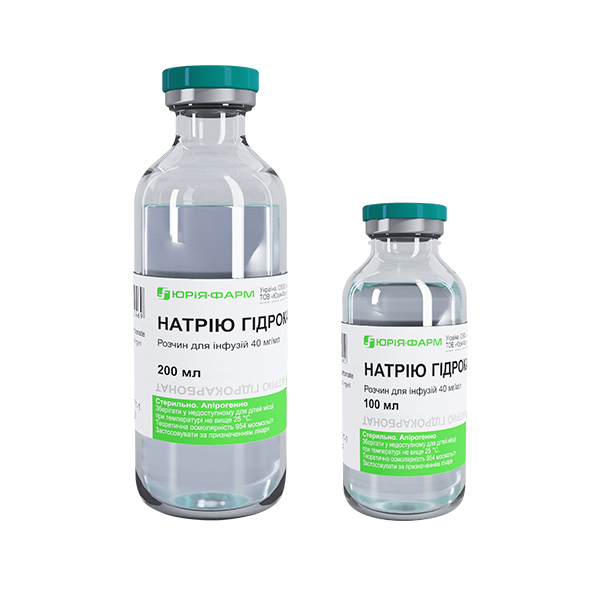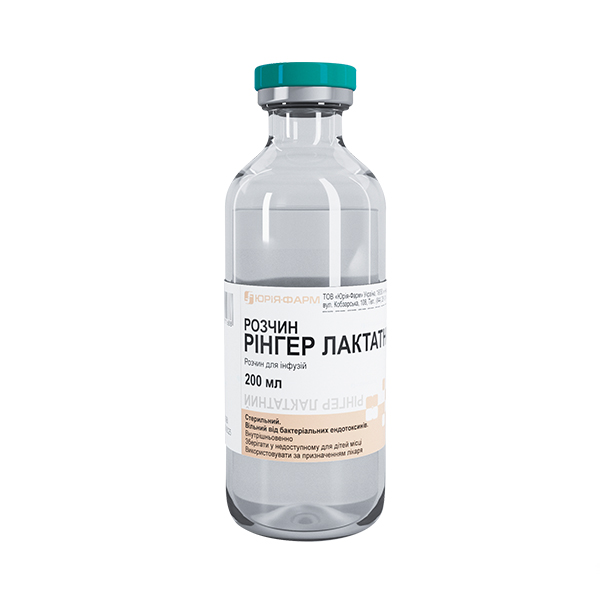Mannitol
Mannitol is a potent diuretic.
- It increases osmotic pressure of plasma and filtration without subsequent tubular reabsorption;
- it causes retention of water in the tubules and increases the volume of urine by raising plasma osmolality;
- it contributes to movement of fluids from the tissues into the bloodstream.
It facilitates rapid removal of fluids from the bloodstream, increases renal blood flow, thereby decreasing renal tissue hypoxia.
It has no effect on glomerular filtration.
Urine output is accompanied by introduction of a significant amount of sodium without any noticeable effect on the excretion of potassium.
The diuretic effect is determined by the amount and speed of the administered drug filtered by the kidneys, therefore, it is inefficient in cases of renal function disorders, as well as azotemia in patients with liver cirrhosis and ascites. It causes an increase in blood volume (due to increased osmotic pressure in the bloodstream).
Following intravenous administration, Mannitol reduces reabsorption of water, increases blood volume, has diuretic effect and reduces intracranial pressure.
How supplied
Sales markets
Kyrgyzstan, Tajikistan, Turkmenistan, Uzbekistan, Ukraine.

